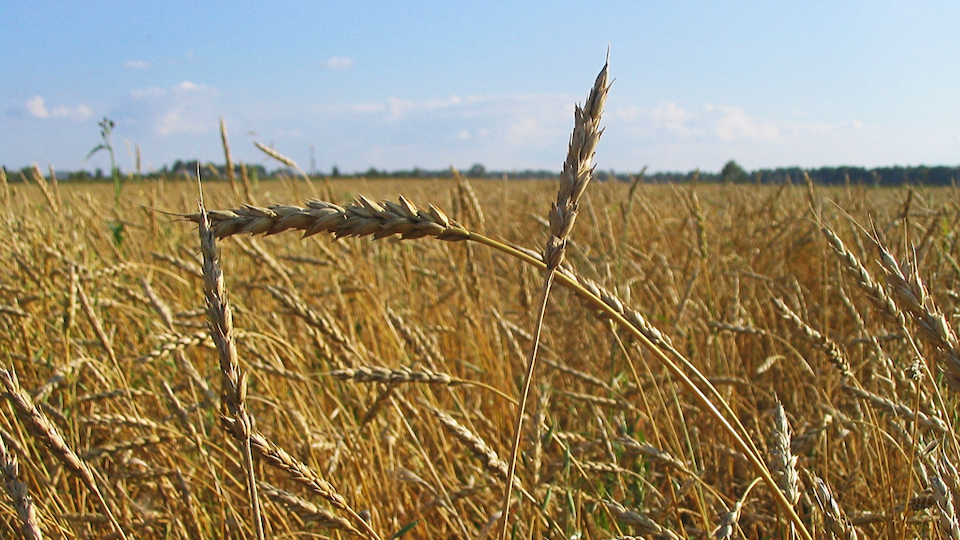Welthungerhilfe: "Hunger is on the rise again"

Welthungerhilfe is warning of increasing food insecurity worldwide. The causes include the consequences of climate change, such as long-lasting droughts and heavy rainfall. In addition, violent conflicts continue to cause people to suffer from hunger.
The organization is calling on the new German government to step up its international commitment to food security and sustainable agriculture. Measures could still be taken by countries such as Germany to prevent major disasters.
“The issue of food security and hunger is repeatedly underestimated by many. It is the catalyst for future conflicts,” said Mathias Mogge, Secretary General of Welthungerhilfe, in Berlin on Monday. “And for all the focus on climate change, which I see as an extremely important issue as well, we must not forget that there are fundamental connections here.”
Distributing money more efficiently
Welthungerhilfe expects the new federal government of the SPD, Greens and FDP to continue to address the issue of food security. “Hunger is on the rise again, food insecurity is increasing worldwide, so we absolutely have to strengthen agriculture and direct more investments to rural areas,” Mogge advised.
In addition, he said, the 2022 budget needs to be reworked to maintain funding levels. Welthungerhilfe expects that non-governmental organizations (NGOs) will be more involved in the distribution of funds in the Foreign Office and that future-oriented humanitarian aid will be given greater consideration. NGOs are well aware of costs and effective measures, he said.
Ideally, he said, climate protection should be linked to providing farmers in the global south with a sustainable basis for their agriculture. “We need to do a better job of managing this interplay,” he warned.
The World Meteorological Organization (WMO), together with the African Union, had warned in a report in October that increasing extreme weather and changing rainfall patterns were fuelling hunger crises in Africa and driving people from their homes (in German). The continent is disproportionately affected (in German) by floods, droughts and landslides, it said.
Africa as a region of concern
Welthungerhilfe is also focusing on African countries. “We suspect that the drought in the Horn of Africa, specifically Ethiopia, Sudan, Kenya, Somalia and even into Uganda, will worsen significantly,” Mogge said.
The humanitarian situation in the Sahel also continues to deteriorate, he said. “On the one hand, due to the continuation of conflicts, but also due to drought, due to climate change and due to Covid-19,” Mogge explained.
Welthungerhilfe called for lessons to be learned from the mission in Afghanistan, even if they could not be transferred one-to-one. This includes having a joint strategy with the government, he said. In Afghanistan, a lot will now depend on how the international community behaves toward the Taliban government and “whether it is willing to at least make concessions to the Taliban government that will ensure humanitarian supplies for the population to some extent,” Mogge said.
Declining yields expected
The effects of climate change on food cultivation and food security will hit the inhabitants of the global south particularly hard. However, residents of the Northern Hemisphere will also feel the consequences in terms of food supply. In November, researchers from NASA’s Goddard Institute for Space Studies, the Earth Institute at Columbia University New York and the Potsdam Institute for Climate Impact Research (PIK) warned of serious yield losses for major food crops as early as the next 10 to 20 years.
The study was one of the most comprehensive and accurate calculations of future scenarios for agricultural yields worldwide to date. The models showed that the negative impact of climate change will be greater than previously assumed. From the coming decade onwards, falling yields must be expected for corn, rice and soybeans, for example. (dpa / hcz)